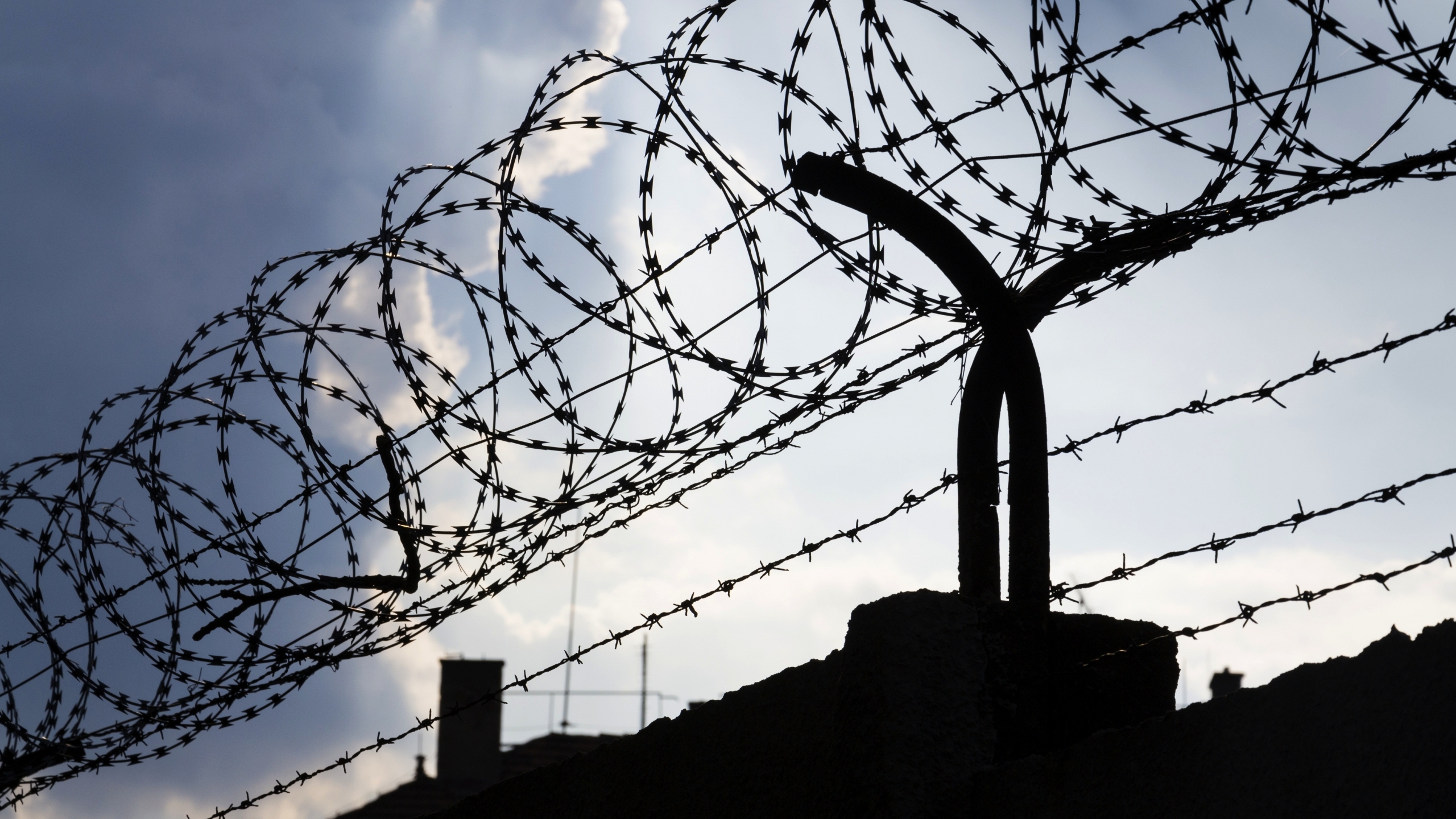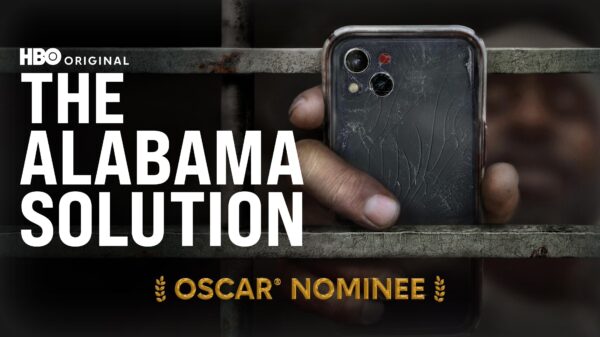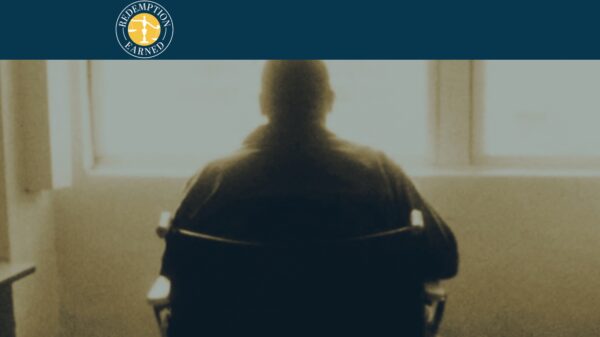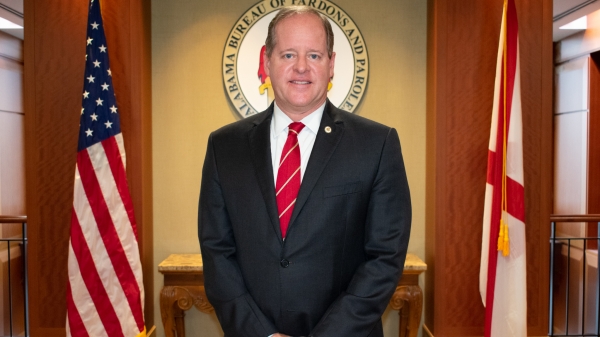A new report submitted by the Southern Prisons Coalition to the United Nations Committee on the Elimination of All Forms of Racial Discrimination details the devastating consequences of incarceration on Black people throughout the southern United States.
With the long-term goal of eliminating all forms of racial discrimination in the criminal legal system, including the prison system, the report describes the widespread, disparate harms resulting from the arrests, harsh prison sentences, and incarceration on Black communities.
The report frames the abuse occurring in prisons as an extension of chattel slavery, noting that the 13th amendment banning slavery carves out an exception for involuntary servitude as a punishment for crime.
“Post-Reconstruction, in response to the newly emancipated status of Black people, southern states began inexorably to imprison Black people to deprive them of their full citizenship and prevent them from gaining any political power; this exception became the primary tool of racial control,” the report states.
In Alabama 52 percent of the prison population is Black despite just Black citizens making up just 27 percent of the state’s overall population.
Additionally, Black people are eight times more likely to be put in solitary confinement and 10 times more likely to be kept there for excessive lengths of time.
In Alabama, a federal district court recently found that many people are held in solitary confinement for weeks or months at a time, often unable to leave their cells even to shower, due to the lack of adequate correctional staffing.
Dozens of people have died by suicide in Alabama’s overcrowded and understaffed solitary confinement units over the last five years.
According to the report, incarcerated people in numerous Southern states including Alabama are paid nothing for most of the work they provide.
“The prison systems operated by states in the southern United States represent a deeply embedded legacy of slavery and racial exploitation,” the report states. “In many ways, southern prisons have been built on the foundations of the plantation system.”
Prisoners who refuse to work, or have their work deemed inadequate, are often harshly punished.
The regulations in place to ensure employee safety also don’t apply to incarcerated individuals, according to the report.
Prison workers are often tasked with dangerous work without being provided proper training or safety equipment. An SPLC investigation found that incarcerated people in at least eight states are sent to work at poultry plants in hazardous conditions. One such worker in Alabama was killed while operating a machine that caught his arm and pulled him inside. Workers at the plant apparently did not know how to turn the machine off.
The mass incarceration of Black people has had a devastating impact on Black families.
As of 2016, more than 5 million children had experienced parental incarceration. While 1 in 28 children across the country now experiences parental incarceration (compared with just 1 in 125 in 1985), there is a stark racial disparity. Among Black children, 11.4 percent have had at least one incarcerated parent, compared to 1.4 percent of their white peers.
Numerous studies have shown that parental incarceration can lead to developmental and behavioral consequences and causes social and emotional impacts that can last into adulthood. These include elevated risk for depression, anxiety, substance abuse and suicidality, as well as difficulty in forming secure relationships.
Black children are especially vulnerable to these harms due to multiple forms of structural racism, including poverty, segregated neighborhoods that lack resources and are often violent and unsafe, unequal access to quality education and adequate health care (both addressed below), and food and housing insecurity.
By submitting the report to the United Nations, the Southern Prisons Coalition hopes to solicit concrete recommendations from the UN Committee as well as commitments from the United States delegation about their plans to address systemic issues in the United States prison system, particularly in the South.
According to the report, several states in the United States have also failed to meet several of the UN’s Standard Minimum Rules for the treatment of incarcerated people, including;
Work should help to prepare incarcerated people for their release from prison, including life and job skills; safety measures and labor protections for incarcerated workers should be the same as those that cover workers who are not incarcerated; and incarcerated workers should receive equitable pay, be able to send money home to their families, and have a portion of their wages set aside to be given to them upon release.
“The U.S. has long failed to live up to its international human rights treaty obligations on eliminating racial discrimination, perhaps more so in the area of mass incarceration and prison conditions than in any other context,” said Lisa Borden, Senior Policy Counsel, International Advocacy at the Southern Poverty Law Center. “We hope the Committee will help to shine a light on these very dark truths and prompt the U.S. to take its obligation to make significant improvements more seriously.”
“The abuses of forced labor are inextricably tied to racial discrimination in our nation,” said Jamila Johnson, Deputy Director at the Promise of Justice Initiative. “In Louisiana, for instance, people are still sent into the fields to labor by hand in dangerously high heat indexes, for little to no compensation, and with brutal enforcement reminiscent of slavery and the era of ‘convict leasing’.”
“This report reveals the suffering of Black people in southern U.S. prisons, whose stories of marginalization and discrimination echo the racial subjugation of slavery and convict leasing during our country’s most shameful past,” said Antonio L. Ingram II, Assistant Counsel at the Legal Defense Fund. “Despite widespread knowledge of the longstanding racial inequalities in the criminal legal and carceral systems, the United States continues to allow egregious human rights violations to persist for Black incarcerated people in violation of international law. This report serves as a sobering reminder of how far we need to go.”




















































